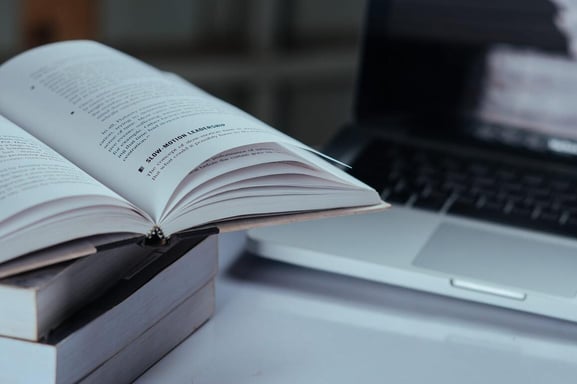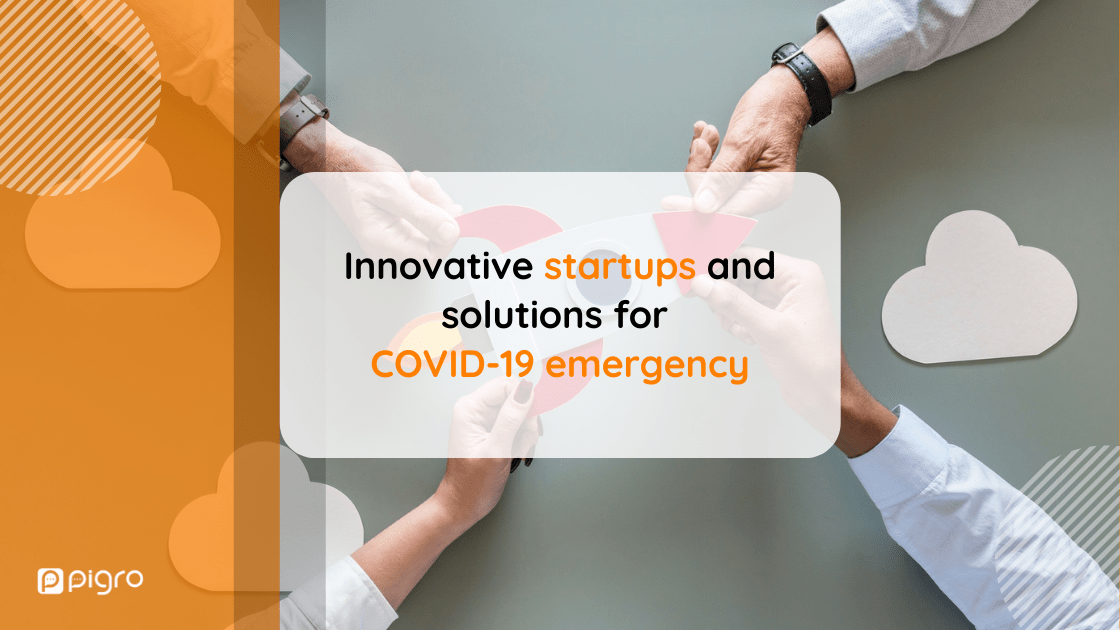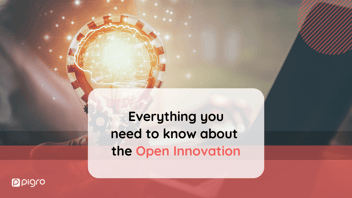Over the past year, the crisis triggered by the Coronavirus pandemic has put a strain on not only larger businesses and companies, but also start-ups and SMEs. Many have tried to cope with the emergency with innovative projects, exploiting this need for change and implementing a digital shift.
Innovative solutions designed to respond to the health emergency
The Health sector was the one that received the highest level of attention during the emergency, because it was more exposed to risk. Readiness in these cases is crucial, so startups were the most suitable business model to provide solutions in a timely manner, also thanks to open innovation.
In Italy, Isinnova was the startup that converted Decathlon's EasyBreath masks into respirators (Easy Covid-19) and made the valve design for a 3D printable pulmonary respirator available online for free.
ContinUse Biometric (CU-BX) ContinUse Biometric (CU-BX) is a Tel-Aviv-based startup that has reimagined the world of patient monitoring. CU-BX has developed a platform that can remotely monitor vital parameters, such as heart rate and breathing, in a multitude of environments. Using sensors embedded directly in electronic devices or vehicles, it can keep track of people's biometric parameters on their "health cloud", while respecting privacy, thanks to artificial intelligence.
Sanitising and monitoring for safer environments
Akara robotics is a Dublin-based start-up, a spin-out of Trinity College Dublin's robotics lab. Even before the pandemic, their studies had focused on sterilising environments using UV radiation. Then, with the spread of Coronavirus, they came up with the idea of creating a robot that could sanitise a room using ultraviolet light, in order to kill the virus and stop it from spreading.
Another type of environmental monitoring is carried out by Zensors, a start-up company made in the USA. Using deep learning technology, it is able to monitor large areas such as airports, offices and warehouses and track the activities carried out inside, such as counting the number of seats occupied and objects used, checking transit zones and estimating waiting time in queues.

Technological solutions for better work organization
There are now many platforms that make remote working possible, providing workspaces for business meetings and safe places to share sensitive data and information with colleagues remotely.
Lua is a Danish start-up that has developed new ways to train employees remotely. Their technology uses a voice-based platform that guides employees through manual tasks to make their work more efficient and faster.
In the UK, Patchwork, a start-up that helps hospitals and healthcare facilities hire temporary staff, has been launched. In cases such as global emergencies, it is essential to be able to fill vacancies immediately when they are most needed. Patchwork's aim is to help both employers and employees, who will be able to keep track of training, the book shifts on demand and even digitalise payments via app.
Platforms and call for startups created to manage and foster innovation
A European response to address the challenges related to Covid-19 was the #EUvsVirus initiative: a hackathon promoted by Cariplo Factory, created with the aim of connecting companies, innovators and investors across Europe, to stimulate the design and development of innovative solutions to fight the Coronavirus emergency. Organised by the European Commission, with the support of the European Parliament, EUvsVirus involved all Member States.
Plug and Play Tech Center is a network that “consists of 30,000+ startups, 500+ world-leading corporations, and hundreds of venture capital firms, universities, and government agencies across multiple industries”. Among the various initiatives and programmes set up by the network, there is also a series of virtual events focused on the pandemic. The Covid-19 Series brings together some of the most innovative technological solutions responding to the emergency, touching on various areas from healthcare to tourism, supply chain and workplace transformation.
The trend of 2021: mapping new territories
The situation we experienced globally in 2020 (and in which we still find ourselves) was a turning point for all areas of our lives. We had to face new problems, learn to develop new solutions and change our places and habits.
The Fjord Trends 2021 research, conducted by Accenture and presented in February 2021, showed that the theme of this new year was “mapping out the new territory”.
Starting with remote working, to which everyone has had to adapt, a whole series of new challenges for people and companies have emerged.
Collective Displacement is one of them: we got used to living behind a screen, in what is called “digital confinement”. As a result, it is increasingly difficult to demonstrate empathy and have experiences, brands too have to find new ways of communicating with people.
The speed of change has led us to have to find innovative solutions to new everyday problems: “Do it yourself” is the kind of innovation carried out by people and that companies must now take into account by providing the means (rather than the solutions) to allow users to experiment and be creative.
Read more: Open Innovation: what it is, the main obstacles and which tools to use
Do you want to know more about Pigro? Contact us!



